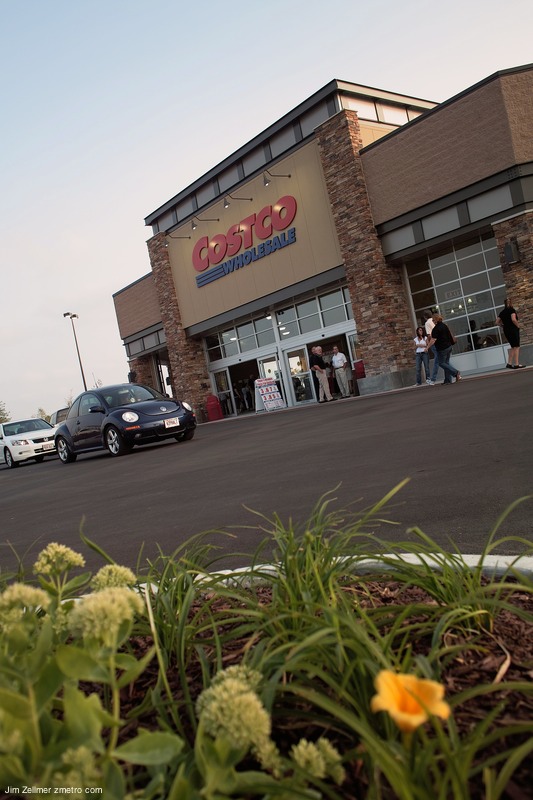Chrystia Freeland:
In 1989, the Berlin Wall fell, democracy was on the march and we declared the End of History. Nearly two decades later, a neo-imperialist Russia is at war with Georgia, Communist China is proudly hosting the Olympics, and we find that, instead, we have entered the Age of Authoritarianism.
It is worth recalling how different we thought the future would be in the immediate, happy aftermath of the end of the cold war. Remember Francis Fukuyama’s ringing assertion: “The triumph of the west, of the western idea, is evident first of all in the total exhaustion of viable systematic alternatives to western liberalism.”
Even in the heady days of 1989, that declaration of universal – and possibly eternal – ideological victory seemed a little hubristic to Professor Fukuyama’s many critics. Yet his essay made such an impact because it captured the scale, and the enormous benefits, of the change sweeping through the world. Not only was the stifling Soviet – which was really the Russian – suzerainty over central and eastern Europe and central Asia coming to an end but, even more importantly, the very idea of a one-party state, ruthlessly presiding over a centrally planned economy, seemed to be discredited, if not forever, then surely for our lifetimes.







